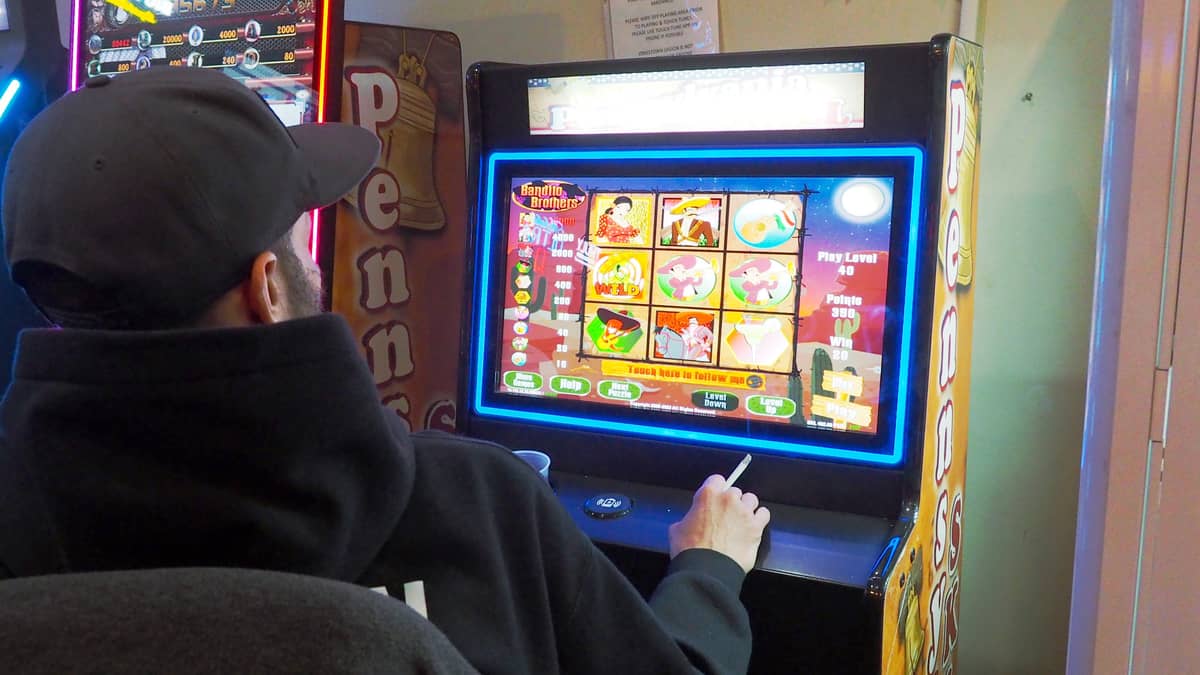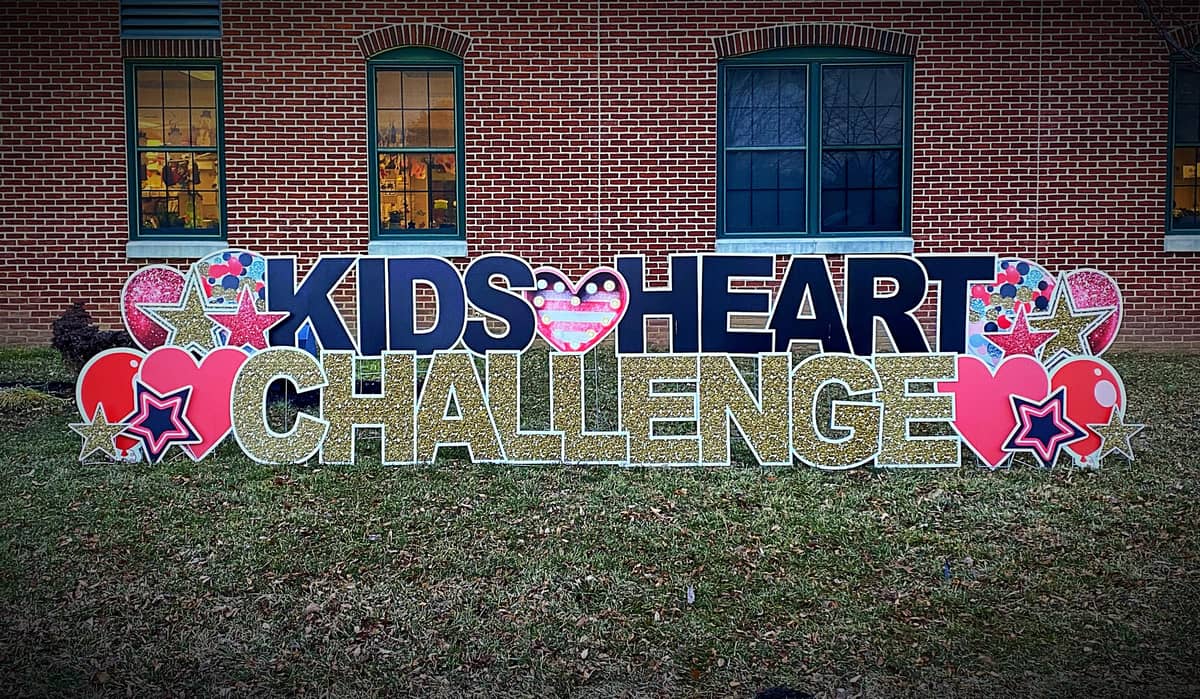This article is shared with LebTown by content partner Spotlight PA.
By Charlotte Keith of Spotlight PA
HARRISBURG — It’s been a nerve-racking few weeks for many Pennsylvania tenants, after the expiration of a federal freeze on evictions, a failed effort by House Democrats to extend it, and then — in a surprise reversal from the Biden administration — a new, targeted ban.
The uncertainty is far from over, as a federal judge weighs whether to block the order.
Meanwhile, Pennsylvania is racing to get more than $1 billion in rental relief out the door to people who have fallen behind because of the pandemic.
“The average award in the state is about $6,000 per household,” Meg Snead, acting secretary of the Department of Human Services, said during a recent Spotlight PA live event. “So really significant financial assistance that can help people get back on their feet.”
Here’s what Pennsylvania renters need to know.
Who is covered by the Centers for Disease Control and Prevention’s new eviction freeze?
As of Tuesday, tenants in most of Pennsylvania’s 67 counties were safe from being evicted if they have fallen behind on rent because of the pandemic and tried to apply for government help.
The current eviction ban only applies in counties where the spread of COVID-19 is “substantial” or “high.” If a county doesn’t have substantial or high transmission rates for 14 days in a row, the order no longer applies — unless transmission rates increase again and reach the CDC threshold.
Michelle Dempsky, a staff attorney with Legal Aid of Southeastern Pennsylvania, told Spotlight PA it’s unclear how the CDC’s eviction ban will be treated by the municipal courts that handle evictions.
She encouraged anyone who believes they may be eligible to fill out a CDC declaration form and give a copy to their landlord.
The CDC recommends anyone who is unsure if they’re covered by the new order to contact the U.S. Department of Housing and Urban Development by calling (800) 569-4287 or to contact a local housing counselor.
How long will this eviction ban be in place?
The renewed federal eviction ban is in effect until Oct. 3, but could be extended again “based on public health circumstances,” according to the CDC.
It could also be cut short by legal challenges. In June, the U.S. Supreme Court voted narrowly to keep the prior eviction ban in place. But Justice Brett Kavanaugh wrote that he believed the CDC had exceeded its legal authority by issuing the eviction ban and that any extension would need to come from Congress.
President Joe Biden acknowledged that the latest eviction ban is likely to face legal obstacles and might not “pass constitutional muster.” A case is currently pending in federal court.
What if my county isn’t covered by the new eviction ban?
Even if your county isn’t currently covered by the new federal eviction ban, you might be protected by a local court order.
In Berks County, residents are covered by an order allowing judges to postpone eviction cases for up to 90 days if a tenant can show they have applied, or are about to apply, for help. The state Supreme Court recently green-lighted a request from Bucks County to issue a similar order, opening the door for other local courts to do the same thing.
Even if your county doesn’t have its own order and isn’t covered by the federal one either, your eviction case could still be put on hold, since landlords have a financial incentive to be patient if you are waiting on rent relief. In many counties, landlords can only receive the assistance funds if a tenant is still currently living in the unit.
What if I haven’t applied for rent relief yet?
If you’re at risk of eviction, apply for rental assistance immediately. There’s an unprecedented amount of federal relief funding available — $1.5 billion in total — and the local governments and nonprofits administering the program are under pressure to get it out to landlords and tenants as quickly as possible.
High demand has caused backlogs in some counties, resulting in longer wait times. Each county is running its own program and has slightly different rules.
You can find a list of rental assistance programs in each county by visiting dhs.pa.gov/ERAP.
What’s covered by rent relief?
In general, the program is more flexible than last year’s and advocates and administrators agree that it’s working much more smoothly.
This program is also more generous, covering past due and ongoing rental payments, utility bills, and, in some counties, late fees and court fees. There’s no hard-and-fast statewide limit on the amount of assistance people can receive. Find more details at dhs.pa.gov/ERAP.
What else should I know?
If you do end up in court, and you are not proficient in English, you have the right to request a translator to assist you. Dempsky also encouraged tenants to bear in mind that receiving an eviction notice is just the first step in a much longer process: It does not mean you have to leave right away.
WHILE YOU’RE HERE... If you learned something from this story, pay it forward and become a member of Spotlight PA so someone else can in the future at spotlightpa.org/donate. Spotlight PA is funded by foundations and readers like you who are committed to accountability journalism that gets results.























